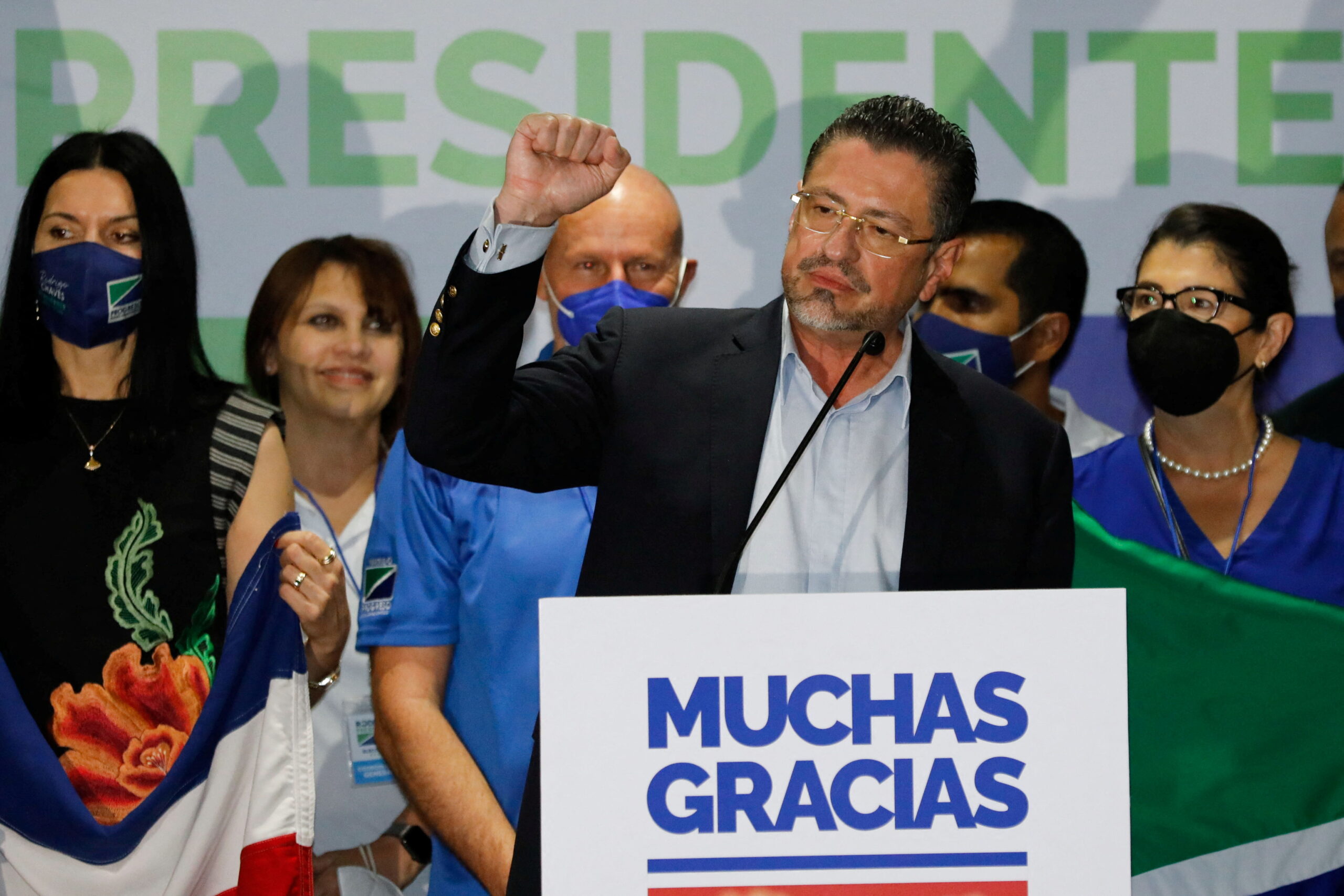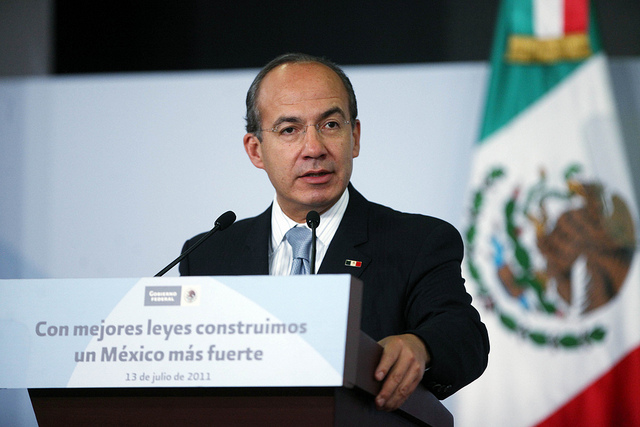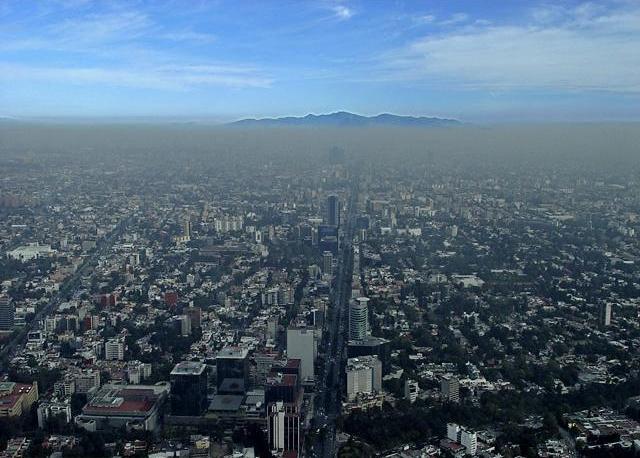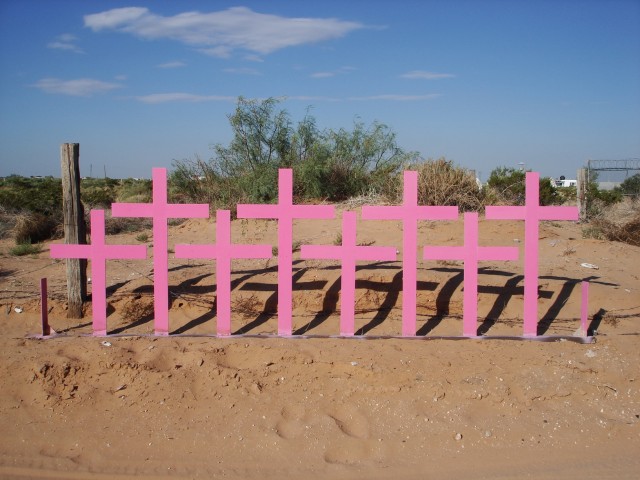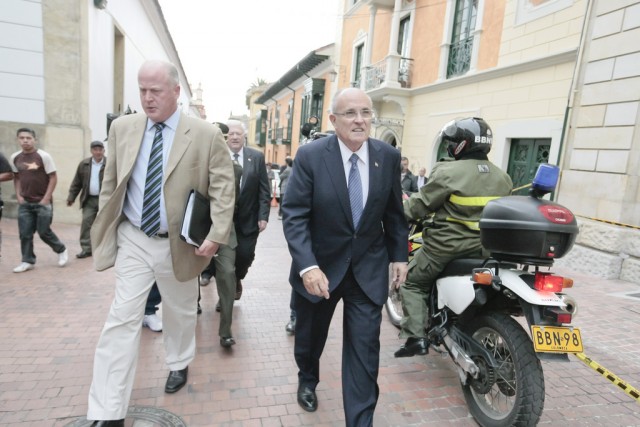
Caribbean, Haiti, Latin America: Week in Review
Haitian Parliament to Dissolve Today if Political Impasse Unresolved
January 12, 2015 By Staff
Top Story — Haitian President Michel Martelly met with opposition leaders on Sunday for last-minute negotiations to settle a dispute over elections that were meant to take place in 2011. If the leaders fail to reach an agreement by the end of the day, Parliament will dissolve and Martelly will rule by decree — a potential outcome that has led to continuous street protests over the last few months.
Martelly was meant to call elections for several offices, including the majority of Senate seats, in 2011. At the time, several members of the opposition moved to block the elections, accusing the president of acting unconstitutionally. Subsequent laws passed in 2013 and 2014 to pave the way for elections did nothing to solve the gridlock between the president and the opposition-led Senate.
In December, Martelly pressured Prime Minister Laurent Lamothe to resign, in an apparent move to resolve the impasse. The move, however, failed to abate the protests that roiled through the streets of Port-au-Prince for months, at times turning violent. One man died during a clash with police during a December demonstration.
Protests on Saturday drew approximately 1,500 demonstrators, calling for the resignation of Martelly. Police dispersed the crowds by firing tear gas and spraying water at the mostly young, male demonstrators.
Monday — the last day for leaders to reach an agreement — marks the fifth anniversary of the devastating earthquake that resulted in over 100,000 deaths.
Headlines from the Western Hemisphere
North America
- A ban that restricts Mexican truckers access in the U.S. will be lifted, announced officials on Sunday, allowing Mexican truckers to better compete with U.S. companies.
- A fugitive originally from Florida was arrested in Mexico after 37 years of evading authorities and failing to surrender to a 10-month prison sentence in 1977.
Caribbean
- Reconstruction on Haiti’s General Hospital is slowly progressing but delays are indicative of the difficulties and infrastructural problems that still plague the country.
- A “maze of regulatory obstacles” continues to impede U.S. business endeavors in Cuba, reports the Wall Street Journal, where despite a thaw in diplomatic relations the embargo remains intact.
- A U.S. judge dismissed lawsuits seeking compensation for Haitian victims of the 2010 cholera outbreak, ruling on Friday that the international body has not waived their broad legal immunity.
Central America
- The Guatemalan government must ramp up efforts to combat the potentially devastating effects of a fungus that targets coffee tree leaves, according to the Tico Times, which despite some measures continues to rapidly spread.
- Vehicle registration in Honduras, historically controlled by the government, has been privatized after the government claimed it was unable to handle the over 250,000 unlicensed vehicles in the country, according to TeleSur.
Andes
- Colombia’s military may force the FARC to abandon its month-long ceasefire, guerrilla leaders said, because despite conciliatory remarks by President Juan Manuel Santos, offensive operations against the rebels are ongoing.
- As oil prices continue to drop, Venezuela’s President Nicolás Maduro met on Sunday with Crown Prince Salman of Saudi Arabia, the de facto leader of the OPEC cartel that has so far resisted Venezuela’s pleas for action to counter the downward trend.
- Foreign investment in Bolivia’s thriving hydrocarbon sector rose around 11 percent in 2014 to over $2 billion, despite the decline in fossil fuel prices that have so worried nearby Venezuela.
Southern Cone
- The Japanese video game company Nintendo has announced it stop selling hardware in Brazil, citing a high tax rate on electronic products which has produced a unique and thriving black market.
- Despite the return of some moderate rainfall, southeastern Brazil remains at risk of serious drought, which could endanger crucial industries like the coffee farms of Minas Gerais state.
- Argentina’s government on Friday announced an agreement with a group of European creditors to repay, in installments, the $9.7 billion debt it owes in connection with a 2001 default.
Image: YouTube
Subscribe to Today in Latin America by Email
